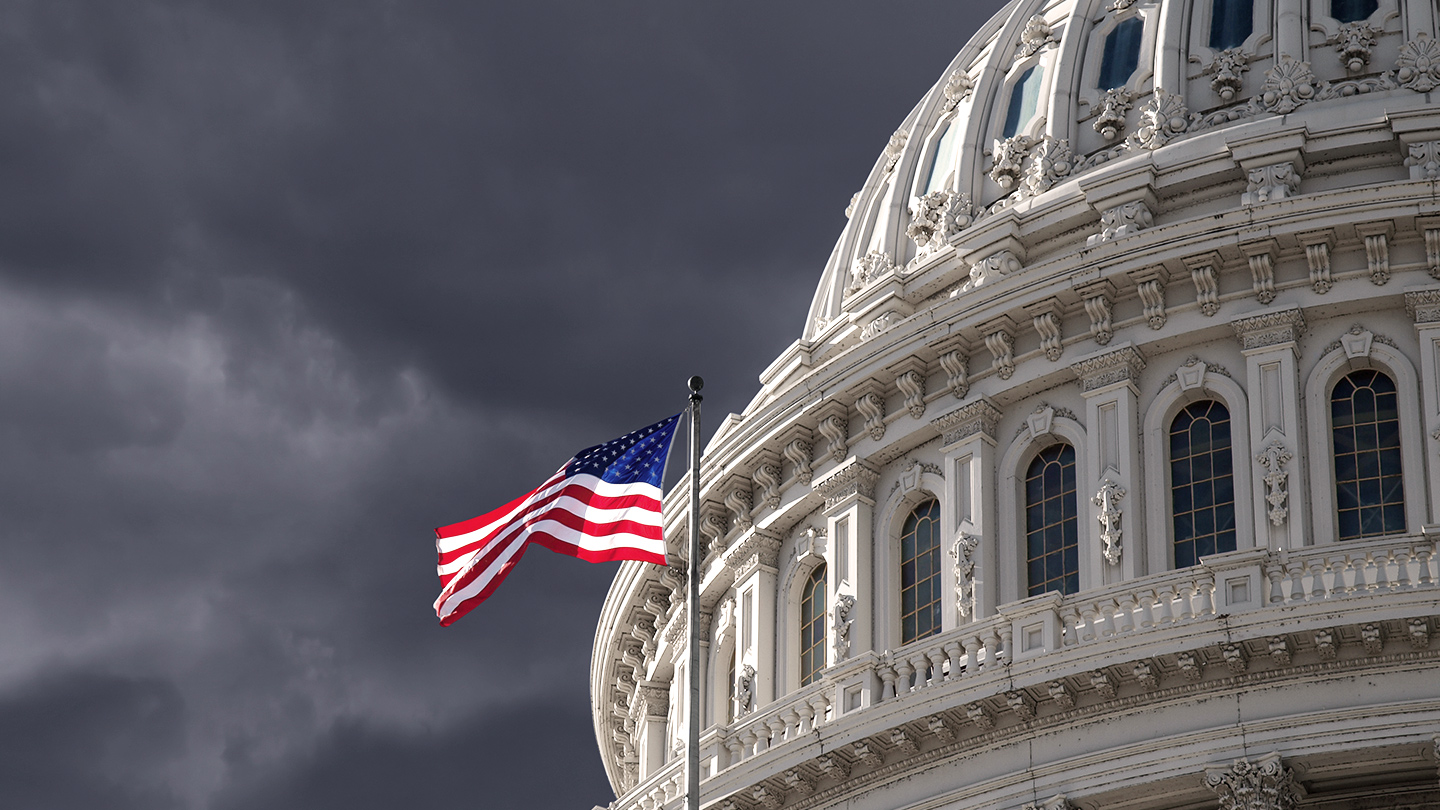Multifamily
Learn about key trends impacting multifamily real estate and best practices for managing apartment investments. From growing a portfolio to navigating the local market, experts share their top tips.
For Companies and Institutions
Key Links
For Individuals
Explore a variety of insights.
Key Links
Insights by Topic
Explore a variety of insights organized by different topics.
Key Links
Insights by Type
Explore a variety of insights organized by different types of content and media.
Key Links
We aim to be the most respected financial services firm in the world, serving corporations and individuals in more than 100 countries.
Key Links
Learn about key trends impacting multifamily real estate and best practices for managing apartment investments. From growing a portfolio to navigating the local market, experts share their top tips.
All topics
No results found
Adjust your filter selections to find what you’re looking for

Real Estate
Protecting commercial properties from cybersecurity threats
Feb 06, 2026
Learn how to protect your payments and data from common cybersecurity threats affecting commercial real estate owners and operators.

Real Estate
Navigating interest rate uncertainty
Feb 03, 2026
At its January meeting, the Fed held interest rates steady. Learn more about the factors behind the decision

Real Estate
The role of cap rates in real estate
Feb 02, 2026
This common metric can help investors assess the potential value of a property.

3:00 - Real Estate
How tax credit equity helped Dupaco return to its roots
Jan 30, 2026
See how both Historic and New Markets Tax Credit from J.P. Morgan helped transform a vacant manufacturing facility and spur community development in Dubuque, Iowa.

Real Estate
How a government shutdown impacts multifamily
Jan 21, 2026
When the federal government shuts down, multifamily housing—especially affordable—often feels the greatest impact through program delays and payment disruptions.

Real Estate
Streamline real estate financial reporting with APIs
Jan 12, 2026
Learn how your bank’s data-syncing tools can make financial reporting and reconciliation more efficient while reducing opportunities for costly manual errors.

Real Estate
What’s driving sustainable real estate demand
Jan 08, 2026
Amid rising insurance costs and climate change, investing in sustainable real estate can help increase returns and give investors a competitive advantage.

Real Estate
2026 commercial real estate outlook
Jan 06, 2026
While economic uncertainty persists, commercial real estate’s strong fundamentals position the industry for success in the year ahead.
You're now leaving J.P. Morgan
J.P. Morgan’s website and/or mobile terms, privacy and security policies don’t apply to the site or app you're about to visit. Please review its terms, privacy and security policies to see how they apply to you. J.P. Morgan isn’t responsible for (and doesn’t provide) any products, services or content at this third-party site or app, except for products and services that explicitly carry the J.P. Morgan name.